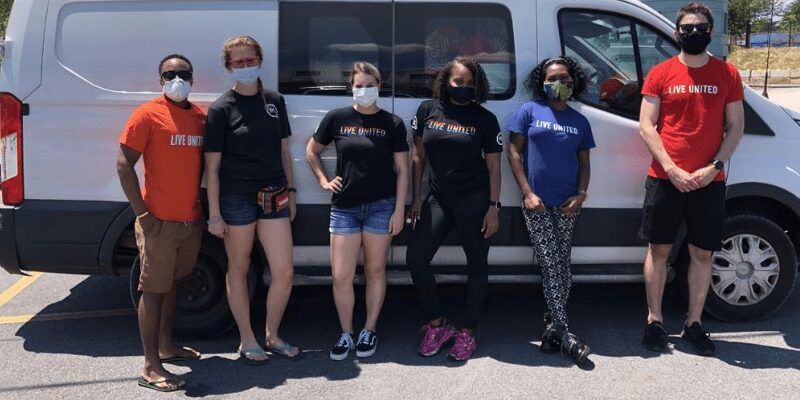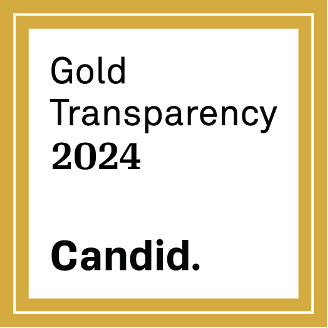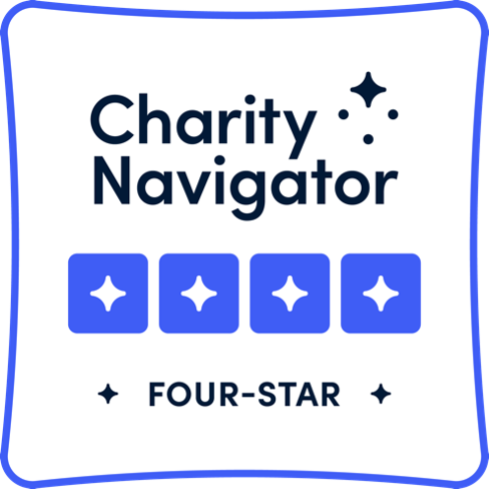Jacob Ethel remembers the initial feeling of anger that swept over him when he first watched the video of George Floyd. He says he saw the “callousness” of the police officer who knelt on Floyd’s neck and the surrounding officers who stood by and did nothing.
“It was eye-opening for me,” he says. “Especially being an African-American male in this country, you tend to internalize these images… I can easily see myself as George Floyd in that situation and under the knee of the police officer. That was the hardest fact — that could be me. It was heartbreaking.”
Floyd, a Black man from Minneapolis, Minnesota, died May 25 after being handcuffed and pinned to the ground by a white police officer who held his knee on Floyd’s neck for nearly eight minutes.
Floyd’s death was captured on video and shared worldwide, which set off a global movement of protests. Protestors spoke out against yet another senseless and preventable death of a Black individual at the hands of police. These instances are common in Black communities, protestors say, and are a byproduct of systemic racism in America.
Ethel watched as tens of thousands of people assembled in the streets of Atlanta in the days following Floyd’s death to express their outrage and call for change. He wanted to express his thoughts and further the conversation within his own circles, so he began to reach out to friends and colleagues. Ethel, who is serving his second year on the board for United Way of Greater Atlanta’s Young Professional Leaders, says he sent a message to other YPL board members.
“Once I sent that message, I started to get a flood of responses from others telling me how they felt [that day],” he says. “Disenfranchised,” “anxious,” and “afraid,” were some of the first words that Ethel says the group of YPL members mentioned. But then, as the discussion grew, those morphed into “determined,” “motivated,” and “focused.”
“We thought about what we could do to make this a more active communication so we can do something better to support our members as well as the larger community,” he says.
That’s where the conversation started with the Lead. Impact. Network. Change (LINC) and YPL affinity groups at United Way. The group ultimately decided to launch a #howareyouatl campaign to ask its members how they were doing — to check in.
The question, simply phrased, “How are you?” had become hollow, akin to “Hello,” Ethel says. But now, with the current state of the world — not only in the midst of large-scale protests, but also in the midst of the novel coronavirus pandemic — this question had taken on new meaning.
What that video of George Floyd showed was a small representation of a much larger issue, Ethel says. The actions in that video were “devoid of humanity,” he says.
“We are better than that as a community, and as a country we have to do better,” Ethel says. “No matter who it was — it doesn’t matter the skin color, race, creed or religion. We have to do better as a community. We can’t stay silent any longer and allow these things to continue.”
The deaths of Floyd, Breonna Taylor, Ahmaud Arbery and countless others related to racial violence remind us that even in the midst of a pandemic, there is another disease we need to fear, fight and prevent: structural racism.
United Way of Greater Atlanta has always fought to end structural racism and upend the longstanding inequities that undermine the well-being of children, families and communities in our region.
United Way’s Child Well-Being Index, a set of 14 measures assessing the presence or absence of basic opportunities and resources that all children and families need to thrive, showed in 2017 that nearly 500,000 children live in communities of low child well-being. Those communities are occupied by a majority of Black and Brown residents.
The correlation between race and zip code comes with vulnerable populations and low levels of child well-being—making it critical for United Way to address place and racial equity strategically. United Way recently launched the United for Racial Equity and Healing Fund on the belief they are uniquely equipped to play a role in bringing together communities around this critical need. You can donate to this fund today.
The best way to overcome years of inequity is by coming together and creating a dialogue around these issues, Ethel says.
“That’s what we’re pushing for, not only in YPL but worldwide,” Ethel says. “Our board members have taken the challenge to make sure this continues to our individual organizations.
“[United Way] supports a myriad of causes to improve the common good of communities around the world, and that’s why I continue to donate and support with my time,” Ethel says. “That’s why we have to continue these conversations. We need to make sure systemic racism in our country and discrimination is not tolerated.”





